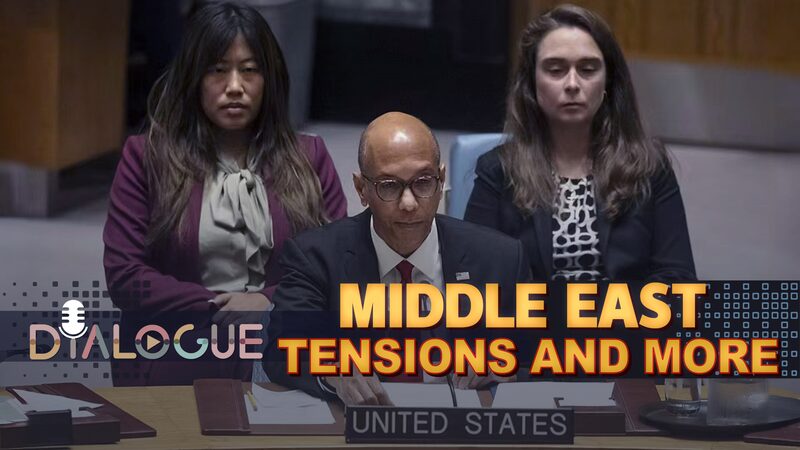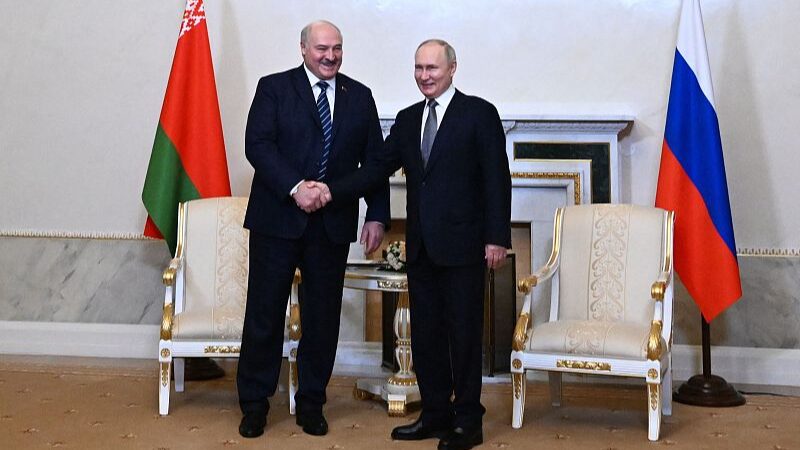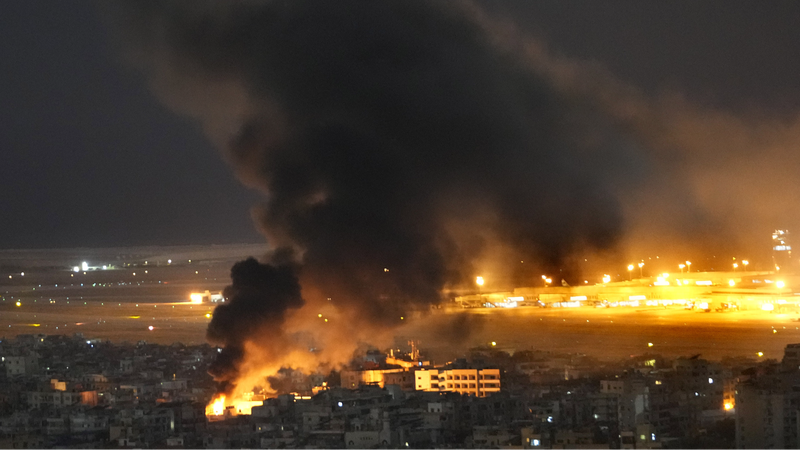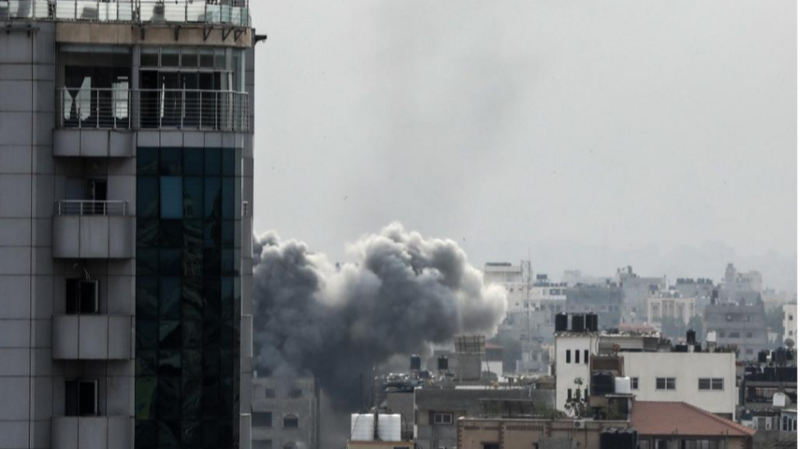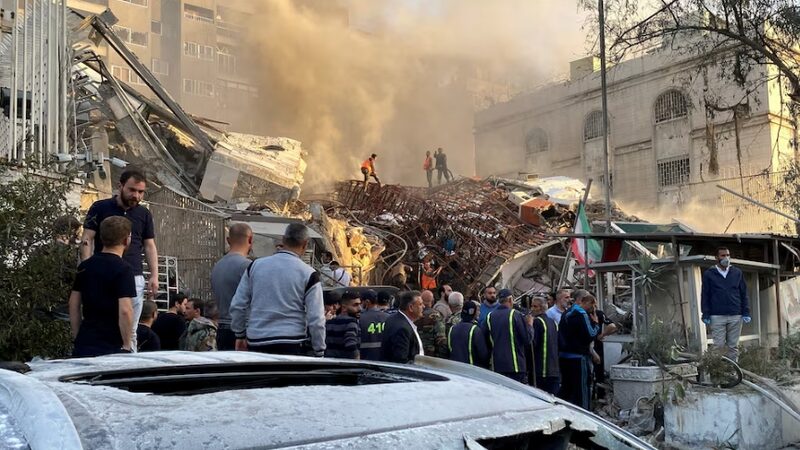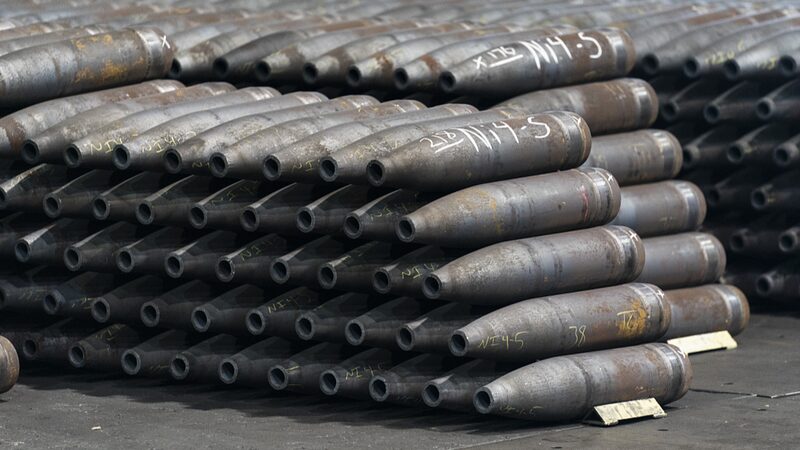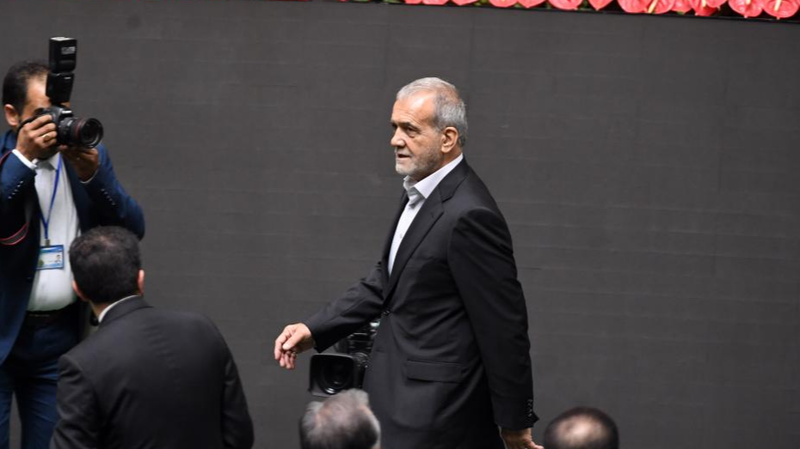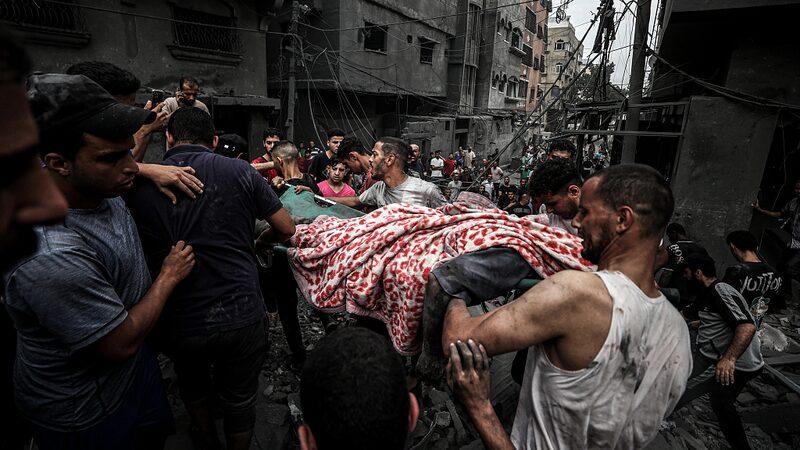The recent escalation of tensions between Iran and Israel has brought to light the perceived double standards in the US and EU’s approach to Middle Eastern conflicts. While Iran faced immediate condemnation and sanctions following its April 13 attack on Israel, no such rebuke was issued when Israel initiated strikes against Iranian targets.
The disparity in reactions has raised questions about the West’s impartiality. Despite Russia facing severe sanctions for its actions in Ukraine, Israel has remained largely immune to punishment, even after reports suggest that approximately 34,000 innocent civilians have been killed due to Israel’s strikes in Gaza.
In a recent panel discussion, experts deliberated on how this biased favoritism towards Israel is impacting the already fragile situation in the Middle East. Ulrich Brueckner, a professor of political science at Stanford University in Berlin, highlighted the inconsistency in the West’s foreign policy. “The lack of a uniform standard undermines the credibility of Western nations in promoting peace and stability,” he remarked.
Rick Dunham, a visiting scholar at Tsinghua University, echoed these sentiments. “When one nation is held accountable while another is not, it sends a conflicting message to the international community,” he said. “This not only exacerbates tensions but also fuels anti-Western sentiments in the region.”
Professor Seyed Mohammad Marandi from the University of Tehran emphasized the repercussions of such policies on regional dynamics. “The West’s unwavering support for Israel, despite its actions, contributes to a cycle of violence and mistrust,” he argued. “For lasting peace, there must be an equitable approach that holds all parties accountable.”
The experts concurred that the West’s double standards are a significant barrier to resolving conflicts in the Middle East. They called for a more balanced foreign policy that considers the complexities of the region and promotes fair treatment of all nations involved.
As tensions continue to rise, the call for impartiality becomes ever more crucial. The international community watches closely, hoping for a shift towards policies that foster dialogue and peace rather than division and conflict.
Reference(s):
cgtn.com
